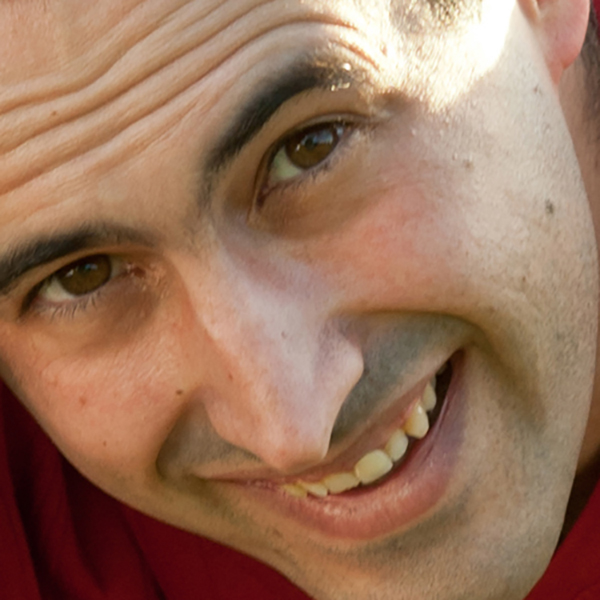Organizers

Raúl García-Castro
Associate Professor, UPM
The concept of digital twins, as virtual replicas of physical entities, has gained significant traction in recent years in a range of domains such as industry, construction, energy, health or transport. Digital Twins can be used to view the status of the twinned physical object, without the need to interrogate the object itself. The digital twin can be queried by other software without the need to query the device itself thus relieving pressure on devices, which typically have very limited computational capabilities. Digital twins can also be used for monitoring and diagnostics to optimize device performance without impacting on the physical device.
Digital twins require unambiguous descriptions of both the entity and its digital counterpart, as well as the ability to integrate data from heterogeneous sources of information (including real-time data) and to interact with the physical world. Given these requirements, semantic technologies can play a significant role in the real-world deployment of digital twin technology.
The aims of the SeDiT workshop are twofold. Firstly, to drive the discussion about current trends and future challenges of semantic digital twins. Secondly, to support communication and collaboration with the goal of aligning the various efforts within the community and accelerating innovation in the associated fields.
Submissions must be in PDF, formatted in the CEURART style using one column. For details on the CEURART style, see CEURART paper style.
All papers and abstracts have to be submitted electronically via EasyChair.
We will follow an open review process where:
The accepted contributions will be published in the proceedings of the workshop.
At least one author of each accepted paper has to register for the main conference and for the workshop and each accepted paper needs to be presented by one of the authors at the workshop.
The workshop proceedings are available online as the Volume 3291 of CEUR Workshop Proceedings.
The invited keynote speaker for this edition of the SeDiT workshop is Evgeny Kharlamov, Senior Expert in “AI methods for Semantic Digital Twins and Knowledge Graphs” at the Bosch Center for Artificial Intelligence and an Associate Professor at the University of Oslo.
15:30 - 16:00 coffee break
Submit your paper.
The notification and reviews from our Program Committee will be available.
Time to have your paper ready for being published. All the accepted papers will be published in the proceedings.
Keynote, papers presentations, demo jam and a lot of discussion. Remember! If your contribution is accepted, it needs to be presented by one of the authors at the event.


| Year | Location | Proceedings | Website |
|---|---|---|---|
| 2020 | ESWC - Online | http://ceur-ws.org/Vol-2615/ | https://sedit.linkeddata.es/2020/ |
| 2021 | ESWC - Online | http://ceur-ws.org/Vol-2887/ | https://sedit.linkeddata.es/2021/ |